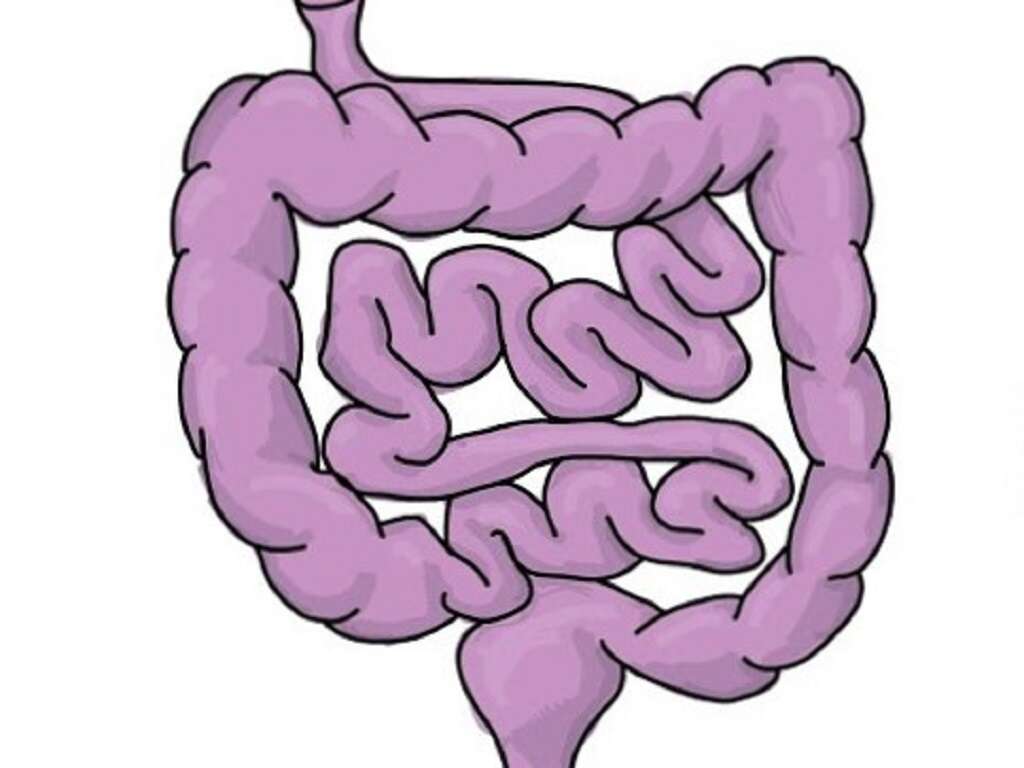10 Irritable Bowel Syndrome Symptoms
Inflammatory bowel disease, or IBS, is a condition that affects the digestive tract and can lead to a number of symptoms. These symptoms can include bloating, an excessive need to go to the bathroom, constipation, diarrhea, and other unpleasant issues. IBS can affect a wide variety of people and there are a number of different things that can contribute to the disease, including heredity. While the condition can be hard to cure, there are a number of different things that you can do to help ease the symptoms.
If you think that you or a loved one is suffering from IBS, then it’s important that you get yourself checked out by a medical professional. However, if you aren’t sure as to whether or not you’re actually suffering from the problem, you’ll do best to figure that out first.
That’s why we’ve put together this list of the most common symptoms of IBS. If you frequently suffer from several of these symptoms, then this indicates that you could be suffering from the condition. In that case, you might want to seek medical help from a doctor.
Symptom #1: Abdominal Pain
One of the most common complaints that affects people suffering from IBS is pain in the abdomen. Depending on the situation, the pain can be present either in the upper, middle, or lower abdomen and can range from mild to quite severe.
In some cases, the pain can be remedied by having a healthy bowel movement or passing gas. The pain can strike at different times and depending on when and where it strikes, the necessary treatment might be different. The pain can come and go frequently, or in some cases it can remain quite persistent over a long period of time. In the case of the latter, the pain is usually akin to a dull ache.
Symptom #2: Cramping
Another symptom that occurs commonly among patients suffering from IBS is abdominal cramping. Just like the pain, the cramping can occur in any area of the abdomen and can range from mild to severe.
Cramping can be a result of bloating or of stool that isn’t moving properly. One of the best ways to relieve cramping is to have a healthy bowel movement or to pass gas. In many patients, cramping can occur quite frequently but in others it is relatively infrequent.

Symptom #3: Constipation
Another condition that’s quite common when people struggle with IBS is constipation. This occurs when you cannot pass stool. It can build up in the bowels and lead to discomfort, pain, and cramping.
If constipation is left for a very long time, it can actually lead to a bowel obstruction. In this case, which is not terribly common, a person often requires hospitalization to help remove the stool from their bowels.
Symptom #4: Diarrhea
Diarrhea is probably the most well-known symptom of IBS, and it can occur with relative frequency in someone who struggles with the condition. If you have diarrhea, then your stool will be very loose and watery, and you will feel the need to empty your bowels quite quickly.
One of the best ways to counteract diarrhea is to eat a diet high in soluble fibre, but unfortunately not everyone struggling with IBS can manage their condition just by eating fibre. Over-the-counter medicines are able to help add bulk to the stool and make them easier to pass.

Symptom #5: Urgent Need to Use the Bathroom
Regardless of whether or not you are struggling with diarrhea, many people with IBS experience the urgent and spontaneous need to go to the bathroom. This is one of the reasons that IBS can be such an inconvenient problem: people with regular jobs or school schedules often find that their studies or their work are interrupted by the need to quickly go to the bathroom.
Again, some over-the-counter medicines can help people manage this difficult symptom. However, the safest method is to try and ensure that you’re relatively close to a bathroom at all times.
Symptom #6: Bloating
Bloating is a different sensation than that of cramping, though they often accompany each other. Bloating is a sensation of being full, and it can occur for a couple of reasons.
One of the main reasons that bloating occurs is because people aren’t digesting their food properly, or because they eat too much. Their digestive tract becomes uncomfortably filled and the sensation is that of being bloated. Other people simply produce too much gas, which can stretch the digestive tract and make it feel uncomfortable. Eating herbs like mint can help you pass gas.

Symptom #7: Mucus in the Stool
Another problem that can occur in people struggling with IBS is mucus in the stool.
While this problem is not inherently dangerous on its own, it can be disconcerting and can lead someone to experience discomfort.
Symptom #8: Changes in Bowel Habits
People who begin to develop IBS often experience significant changes in their bowel habits. This means that they often find themselves going to the bathroom more often or less frequently than they did before.
The consistency of their bowel movements and the associated feelings often change as well. People may have to adopt new techniques or modify their schedules when they begin developing IBS.

Symptom #9: Food Intolerance
Many people experience some sort of food intolerance at some point during their lives, but those with IBS are often more prone to experiencing issues when eating certain types of food.
Because their bowels are already sensitive and irritable, they are more likely to experience a negative reaction when eating certain foods like spicy foods or glutenous foods.
Symptom #10: Fatigue
In many cases, people with IBS have a hard time digesting their food. That means that they aren’t able to effectively absorb all of the nutrients that their bodies need to be healthy.
This can lead to fatigue and tiredness, along with other symptoms of nutritional deficiency.








